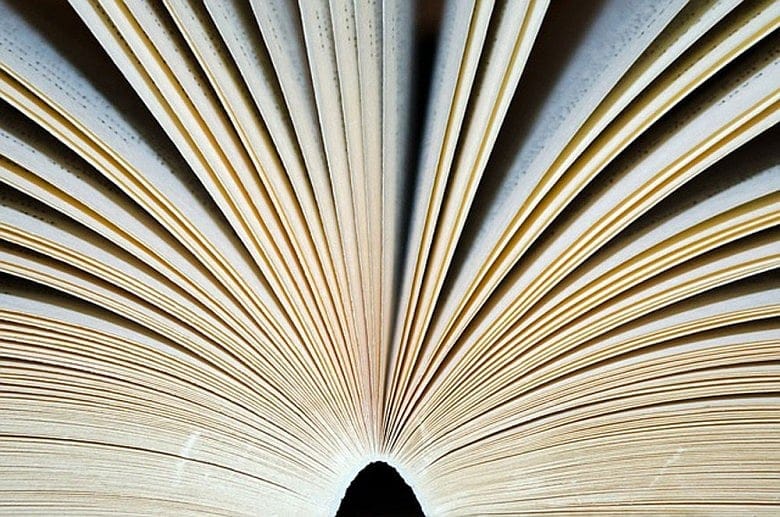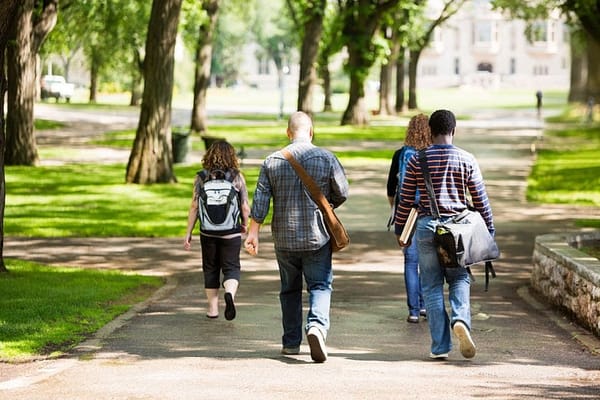The power of knowledge in every century

"Knowledge is power," Sir Francis Bacon famously said. Although he may have had a more pragmatic, empirical approach in mind, Bacon's words bear repeating in our own time, and especially as the school year begins. Why does the importance of knowledge need stressing in schools? Aren't schools all about that anyway?
Recently, a writer for Education Week claimed that schools do not need to emphasize knowledge, since the really important things are the soft skills of collaboration, critical thinking, and creativity — the so-called 21st-century skills. All three are, of course, important. But these skills simply do not have much traction without knowing a great deal about a wide variety of things.

